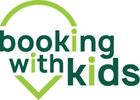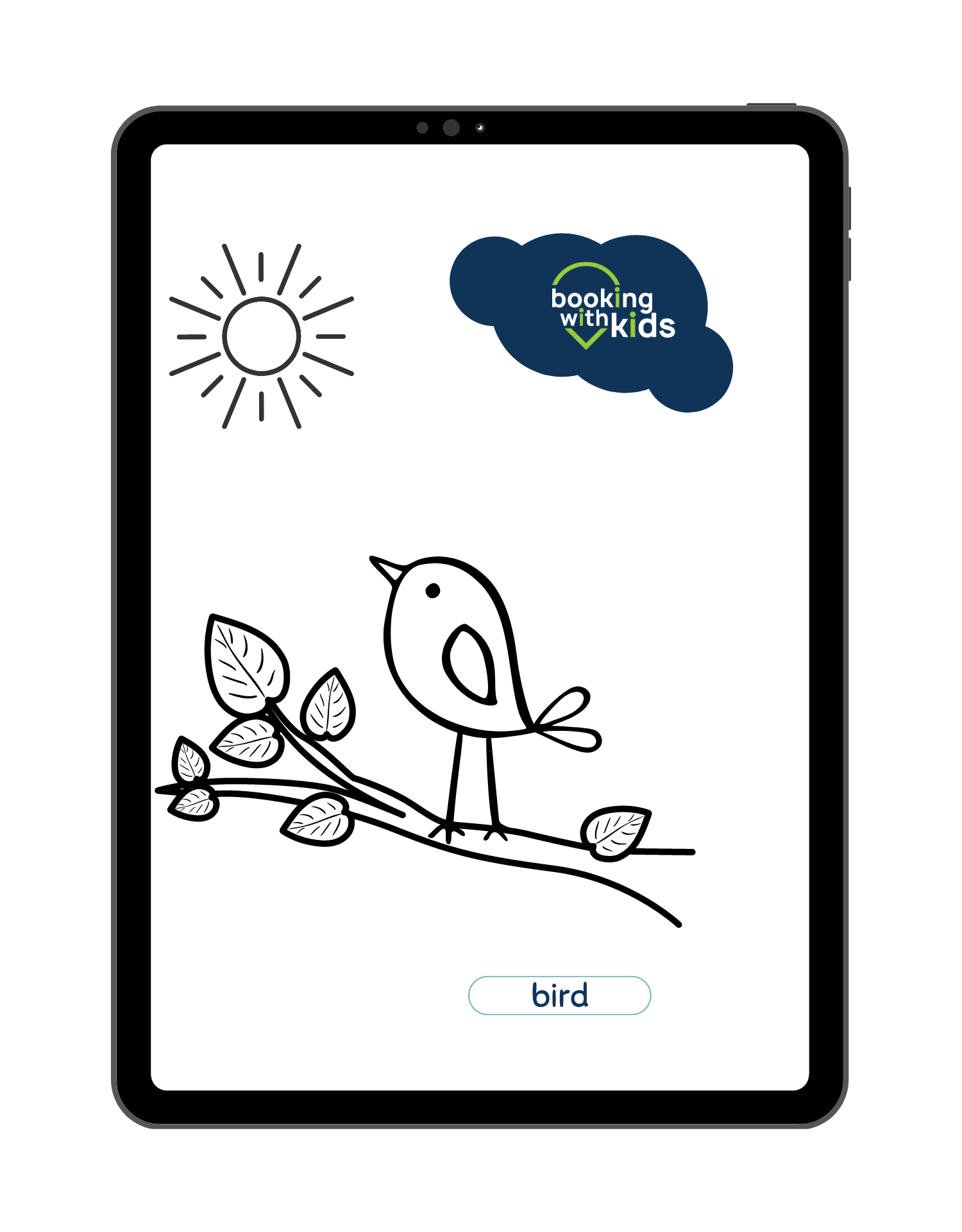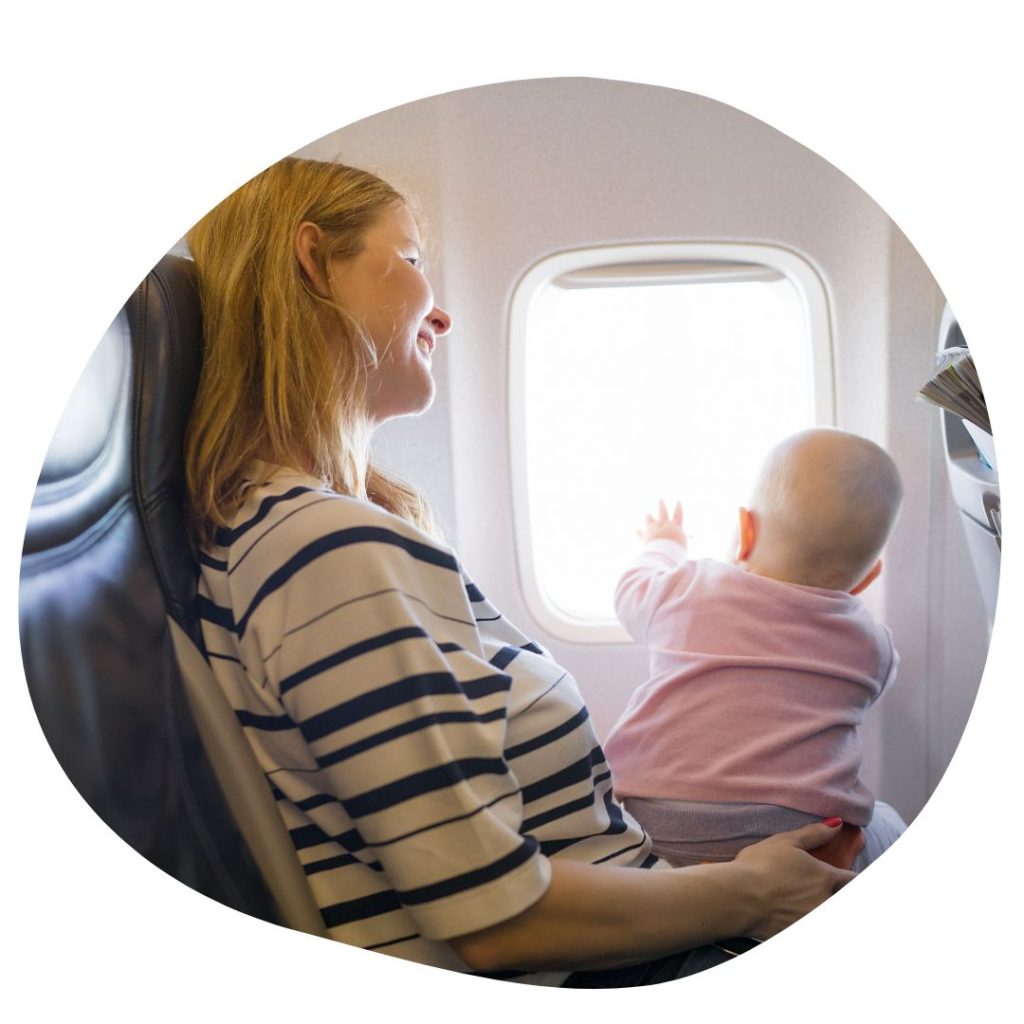
Travelling with a baby requires some thought and research, especially if you intend to fly with a newborn. Airlines have different rules and age cut-offs. A number of airlines will accept infants who are at least 48 hours old, but they may require a doctor’s letter to prove that your baby is healthy to fly. Others require that more time has passed since the birth. In this article we’ve gathered the most common parent frequently asked questions about travelling with a baby on a plane.
As the NHS notes, it’s best to check with your airline if you need a doctor’s letter when travelling with a baby. This is often a requirement for babies under two weeks of age. The letter should confirm that your baby is able to fly.
Flying with a premature baby
Different rules apply for babies born prematurely. If your baby was born early, you have to start counting from the due date rather than the day he was born. Babies born prematurely may experience problems with the change in oxygen levels. The same applies for babies with chronic heart or lung problems, or with upper or lower respiratory symptoms. You should book an appointment with your paediatrician prior to flying to assess safety.
Can I book my baby’s flight before they are born?
You can book your own ticket in advance but you will have to contact the airline once the baby is born and request a ticket in their name.
Does my newborn need a passport to fly?
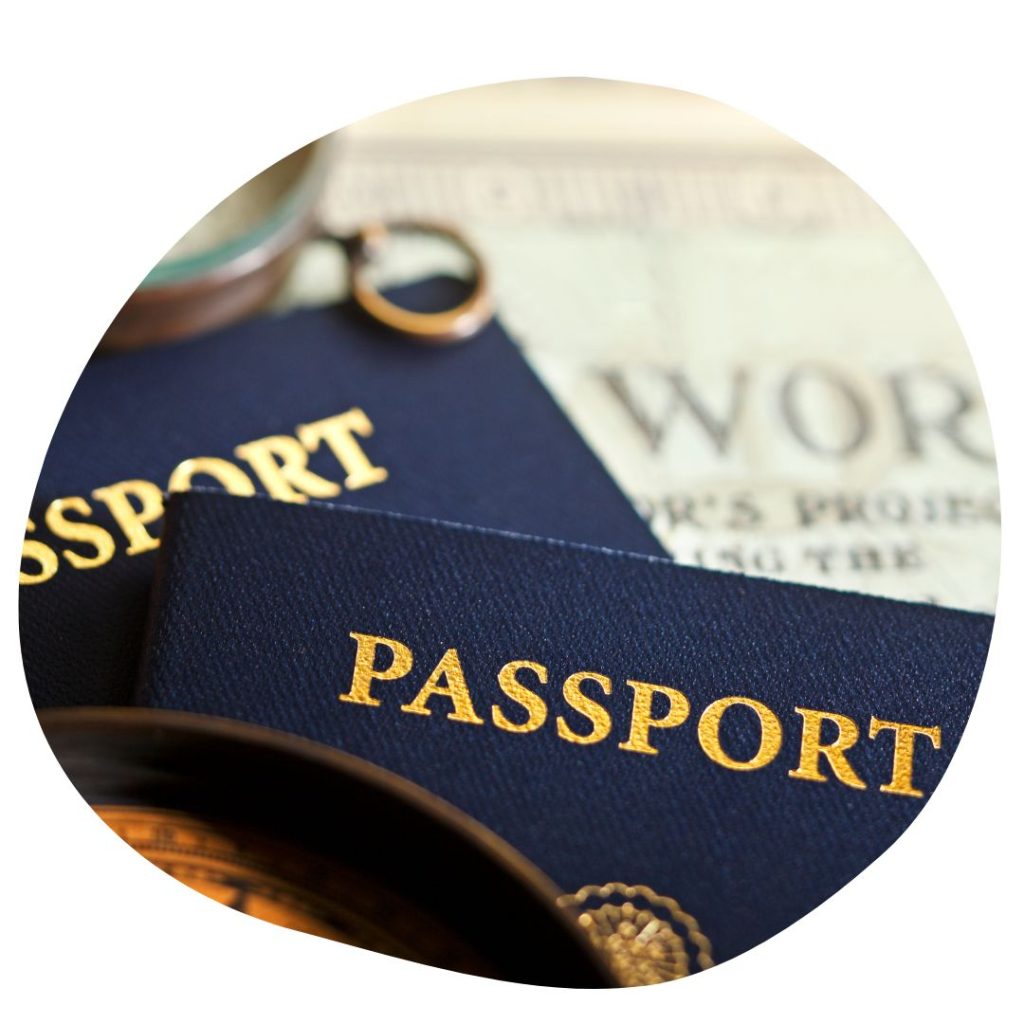
While most airlines will accept infants, you also need to take into consideration the time it takes to apply for a passport for your newborn. Babies need passports to travel across borders – most countries offer an expedited passport service, but you will also need to register the birth prior to applying for a new passport. Check with your local authorities what documentation you will need – some may require an original marriage certificate which you can obtain in advance to save time once the baby is born.
Your baby will need their own passport or ID card, even if you’re an EU citizen travelling within the EU. Having their name listed in your passport is no longer sufficient for travelling. This does not apply to UK passport holders.
If you’re travelling alone and your baby has a different surname than you, you will need to show proof that you’re related as well as a letter from her other parent before you’re allowed to leave the country.
Some countries may require a visa before you can travel. Your baby, too, will require one so ensure that you have everything sorted to avoid issues at borders. Each state has different requirements in this regard, and it also depends on where you’re flying from, so it’s best to contact the Embassy before booking a flight.
When can I fly post-birth?
When planning to fly with a newborn, you should also take into consideration your own health post-birth. Birth doesn’t always go to plan, and even those that do, you may not feel comfortable enough to sit or stand for long periods of time. If you give birth by caesarean section, you may need to wait until after your 6-week postnatal check up and your doctor’s all clear before you can fly.
Is flying with a newborn safe?
Generally, if you can hold off travelling with a newborn, then that would be ideal. However, there are certain situations where travelling with a newborn is a necessity. While it’s generally safe, air travel increases a newborn’s risk of catching an infectious disease. Elizabeth Berger MD recommends parents consider the following factors before booking a flight with a baby:
Illness: Planes use recirculated air. This means that if someone is unwell, their germs are spread throughout the plane by the ventilation system. Adults can cope well with this as their immune systems are mature enough, but babies may fare differently. An infant’s immune system is still not strong enough to fight off some of the viruses and bacteria surrounding them. A way to go around this is to avoid sitting next to people who look unwell, and washing your hands regularly.
Ear pain: Infants may experience intense ear pain. Breastfeeding, bottle-feeding or offering a dummy during take off and landing will help your baby’s ear pressure adjust.
Breathing issues: Air pressure is lower in planes and some babies may experience trouble breathing. This is especially true for babies born prematurely or who have heart, lung or respiratory problems. Speak with your child’s paediatrician before making travel arrangements if this is your case.
Behaviour issues: Some infants may not take well to the new environment and people around them. There’s also the issue of ear pressure which may be very uncomfortable to your baby. Be prepared for some extra fussiness and crying – there isn’t much you can do to control this so don’t feel guilty if it does happen.
BabyCentre also advises parents to stay aware of dehydration on a plane. If your baby is breastfed, make sure they’re getting enough fluids, and if they’re formula fed they may need a little bit of water. Water should always be boiled and cooled down before being offered to babies under 6 months.
Additionally – and ideally – you do not travel with your infant to places with diseases he’s not vaccinated against.
Airline Regulations for travelling with a baby on a plane
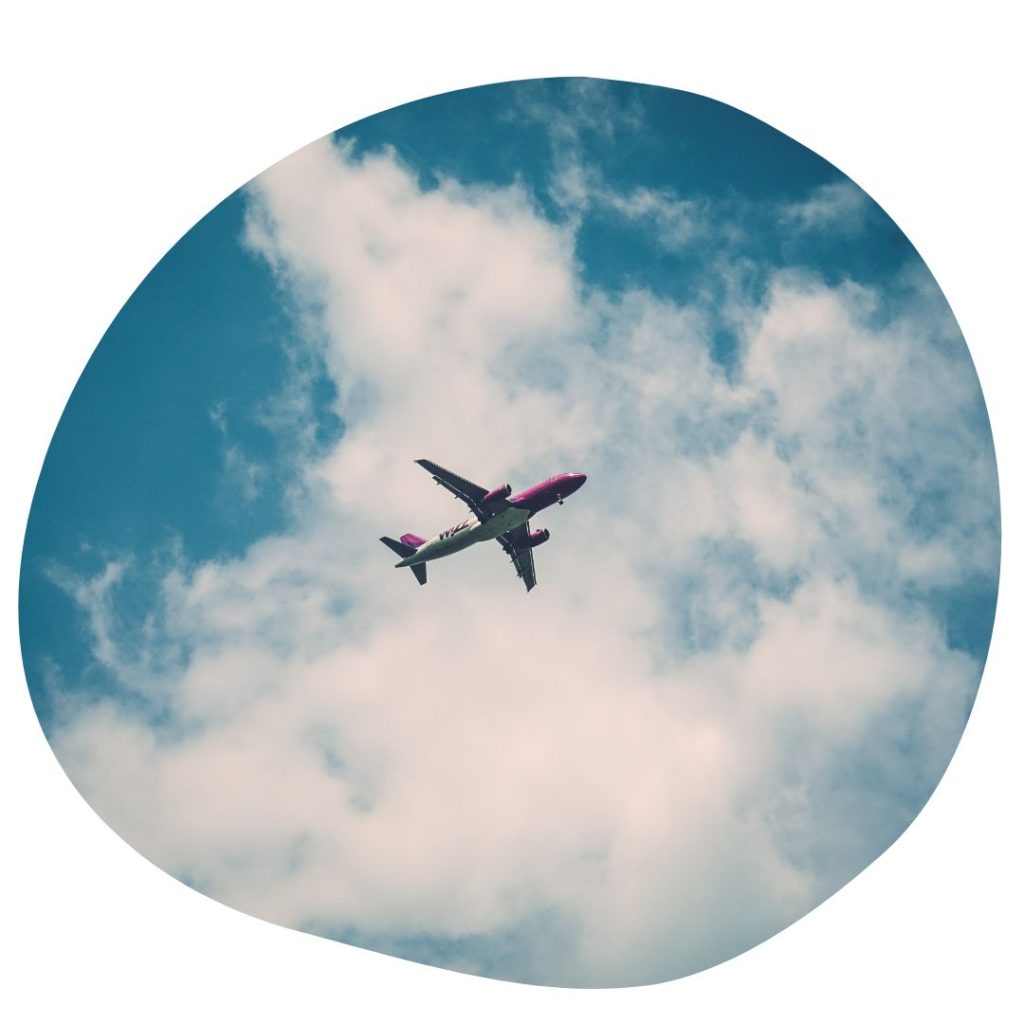
Below is a quick overview of what the major European airlines say on travelling with a baby on a plane:
British Airways: Baby must be at least 48 hours old and born without any complications. If you’ve had a Csection or other surgery, you can travel after 10 days, with medical clearance from British Airways Health Services.
easyJet: Babies under 14 days old cannot travel on an easyJet flight.
Ryanair: Infants must be at least 8 days old. Infants aged 7 days and under are not accepted for travel on Ryanair flights.
Transavia: Your baby can only travel on a Transavia flight once they are 7 days old. Each adult may travel with a maximum of two babies, one on your lap, and the other on a separate seat (full adult fare applies).
SAS: Your baby can travel on an SAS flight once they are at least 7 days old.
Norwegian air: This airline does not provide a minimum age on its website, but it does indicate that infants seated on your lap travel for free.
Wizz Air: Infants must be at least 14 days old and only one infant per adult is allowed.
Aeroflot: Passengers with infants under 7 days of age must confirm the possibility of air travel and obtain recommendations from the attending physician before travelling.
Turkish Airlines: Infants are not allowed to fly on a Turkish airline flight if they are younger than 48 hours. Infants aged 2 to 8 days can only travel if they have a valid doctor’s report saying it’s safe to do so.
KLM: KLM discourages flying during the first week following delivery
AirFrance: Air France does not recommend air travel for infants younger than 7 days.
Do your research and be prepared when travelling with a baby on a plane
Since there’s no universal answer as to when your baby can first fly, doing your research and being well prepared is imperative. Check with the airline for their age cut-off. Ensure that you have all necessary documentation as required by the airline you’re flying with, your departure country, as well as your destination country. Pack wisely, and ultimately, make the most of your first trip with your little one!
If we’ve convinced you to book the trip your family has been dreaming of, head to our booking with kids for more tips, support and family friendly city guides. Whilst you’re packing that travel list, make sure to have and pack the essential travel gear. Browse and shop our most loved the travel gear with brands we trust and products we love. To make your life simpler when it comes to airport and flight packing, planning activities and travel with kids in general, make sure to head to our travel tips section- where you will find all possible family travel tips.
Disclaimer:
The content of this page is purely for informational purposes. The information presented is not intended as a substitute for professional advice. Should you decide to act on the information presented on this page, you do so at your own risk. We’ve carried out meticulous research to ensure the accuracy of the information available, however bookingwithkids.com is not responsible for any errors or omissions contained on our website and websites used as sources, and bookingwithkids.com accepts no responsibility or liability whatsoever.
FAQs
You should take into consideration your own health post birth. If you give birth by caesarean section, you may need to wait until after your 6-week postnatal check-up and your doctor’s all clear before you can fly. Air travel increases a newborn’s risk of catching an infectious disease so you should consider if there’s a need of flying during this time. On most airlines, a baby needs to be at least 14 days old to fly on an airplane. Most do agree that travelling should occur when the baby is between 3-9 months or older.
Do I have to let the airline know that I’m bringing a baby?
Even though your child isn’t going to be occupying a seat, you will still need to inform the airline that they will be flying with you.
Does my baby need a passport?
Babies need a passport to travel internationally – across borders and countries. Most countries offer an expedited passport service, but you will also need to register the birth prior to applying for a new passport.
What’s the best time to fly with a baby?
This depends on whether your child has a best or worst time of day. An early flight might do the trick but so might a late one. So, ultimately, this depends on your child. You can also try to schedule the time of the flight with your little one’s nap/bed time.
How do I protect my baby’s ears when flying?
Infants may experience intense ear pain. Breastfeeding, bottle-feeding or offering a dummy during take off and landing will help your baby’s ear pressure adjust.
Should my baby sit on my lap during the flight?
This is all about safety. Ideally you don’t have your baby sit on your lap during a flight because if there is turbulence on a plane, it might be difficult to hold the baby in your arms.
Which seat on the plane is best for a baby?
You can book a window seat, to try and make the trip more entertaining, and perhaps the middle seat next to you is free. It’s also suggested to book seats at the back of the plane, since it’s closer to the bathroom and empty seats are more common in this area.
Sitting at the front of the plane, will provide you with added leg room.
When choosing a bassinet seat, the bassinet is attached to the wall in from of them, where your baby can lay comfortably.
Is there a way my baby can lie down on a flight?
Check with the airline beforehand if they can provide you with a carry cot or a bassinet.
Some airlines allow you to bring inflatable seat extensions, to have your baby lie down.
Can I bring my own car seat on a plane?
Car seats, booster seats, and strollers generally don’t count as luggage, but policies vary by airline. Ideally you check with your airline prior to flying.
How can I keep my baby comfortable on a plane?
Dress your baby in layers, be ready for ear pain – if you have your little one drink from a bottle or suck on a pacifier, this may help. Consider a diaper change before boarding and bring distractions on the flight.
